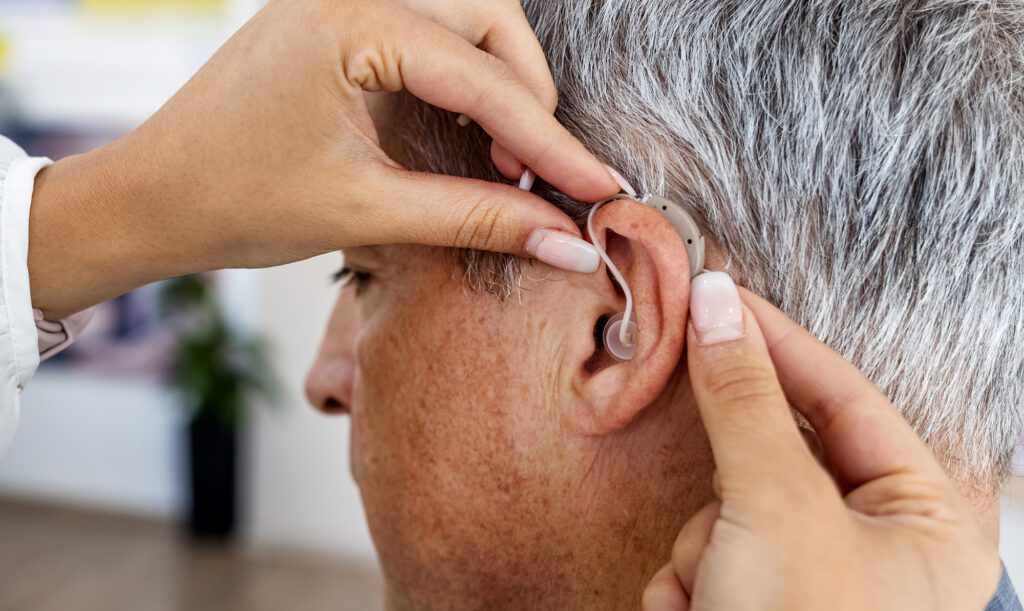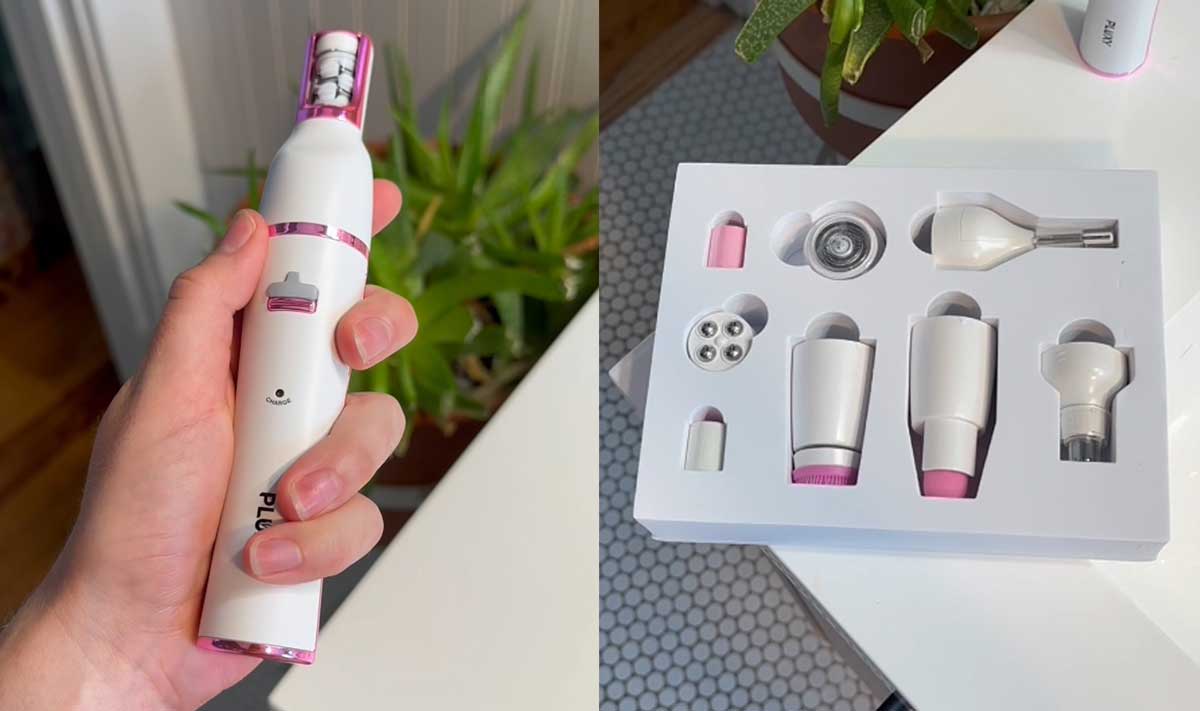
Introduction
Living with hearing loss can be an incredibly challenging and isolating experience. The inability to fully participate in conversations or engage with the world around us can take a toll on our emotional well-being and relationships. However, with the right knowledge and tools, it is possible to navigate the impact of hearing loss and lead a fulfilling life. In this article, we will delve into the various aspects of hearing loss, its effects on daily life, and provide practical tips to help individuals cope and thrive.
The Profound Effects of Hearing Loss
Hearing loss affects more than just our ability to hear sounds. Its impact extends to various aspects of our lives, including:
- Communication Challenges:
- Difficulty following conversations, especially in noisy environments.
- Struggling to hear soft-spoken individuals or children.
- Misinterpreting or missing important information, leading to misunderstandings.
- Emotional Impact:
- Feelings of frustration, embarrassment, or isolation due to the inability to fully participate in conversations.
- Increased stress levels and anxiety in social situations.
- Negative effects on self-esteem and confidence.
- Cognitive Strain:
- Constantly straining to hear can lead to mental fatigue and reduced cognitive abilities.
- Difficulty multitasking and focusing on tasks that require auditory attention.
- Social Implications:
- Withdrawal from social activities and gatherings due to the fear of miscommunication or feeling left out.
- Strained relationships with family, friends, and colleagues due to communication challenges.
Tips for Coping with Hearing Loss
- Seek Professional Help:
- Consult with an audiologist to determine the severity and type of hearing loss.
- Explore appropriate hearing aids or assistive listening devices that can improve your hearing capabilities.
- Enhance Communication:
- Inform friends, family, and coworkers about your hearing loss to facilitate better communication.
- Ask others to face you directly and speak clearly.
- Utilize visual cues, such as lip-reading or sign language, to supplement auditory information.
- Create a Supportive Environment:
- Minimize background noise by closing windows, using curtains, or employing noise-canceling devices.
- Install assistive listening systems, like loop systems, in public venues or meeting spaces.
- Utilize captioning services or captioned telephones for enhanced communication.
- Practice Self-Care:
- Join support groups or online communities to connect with others who understand your experiences.
- Prioritize rest and relaxation to alleviate the cognitive strain associated with hearing loss.
- Engage in activities that boost your overall well-being, such as exercise, meditation, or hobbies.
- Educate Others:
- Raise awareness about hearing loss and its impact on daily life by sharing your experiences.
- Advocate for hearing accessibility in public spaces and encourage the use of assistive technologies.
Frequently Asked Questions (FAQs)
Q: Can hearing loss be prevented? A: While some forms of hearing loss are preventable, others are caused by factors beyond our control, such as age-related or genetic factors. However, taking precautions like wearing hearing protection in noisy environments and avoiding excessive noise exposure can help reduce the risk.
Q: Are there different types of hearing loss? A: Yes, hearing loss can be categorized into different types, including conductive, sensorineural, and mixed hearing loss. Each type has unique causes and treatment approaches.
Q: Can hearing aids restore normal hearing? A: Hearing aids cannot restore normal hearing, but they can significantly improve hearing abilities by amplifying sounds and making them clearer. They are designed to enhance speech comprehension and overall auditory experience.
Q: How can I communicate effectively with someone experiencing hearing loss? A: When communicating with someone who has hearing loss, it is essential to be patient and understanding. Here are some tips:
- Maintain eye contact and face the person directly.
- Speak clearly and at a moderate pace, without exaggerating your lip movements.
- Use gestures and visual cues to enhance understanding.
- Avoid speaking loudly or shouting, as it can distort the sound and make it harder to understand.
Q: Is sign language the only option for communication with individuals with hearing loss? A: Sign language is one option for communication, particularly for individuals with severe or profound hearing loss. However, not everyone with hearing loss uses sign language. It is crucial to ask the individual about their preferred method of communication, which may include lip-reading, written communication, or assistive listening devices.
Q: How can I support a loved one with hearing loss? A: Supporting a loved one with hearing loss involves patience, empathy, and open communication. Here are some ways to offer support:
- Educate yourself about hearing loss and its impact.
- Practice good communication techniques, such as facing them directly and speaking clearly.
- Encourage them to seek professional help and explore hearing assistive technologies.
- Be understanding of their limitations and accommodate their needs in social situations.
Conclusion
Living with hearing loss can present various challenges in daily life, but with the right strategies and support, individuals can overcome these obstacles and thrive. By seeking professional help, enhancing communication techniques, creating a supportive environment, practicing self-care, and educating others, individuals with hearing loss can improve their quality of life and maintain meaningful connections with their loved ones.
Remember, hearing loss does not define a person’s capabilities or worth. By raising awareness, promoting inclusivity, and advocating for accessible environments, we can foster a more inclusive society where individuals with hearing loss can lead fulfilling lives. So, let’s work together to ensure that everyone has the opportunity to communicate, connect, and thrive, regardless of their hearing abilities.


